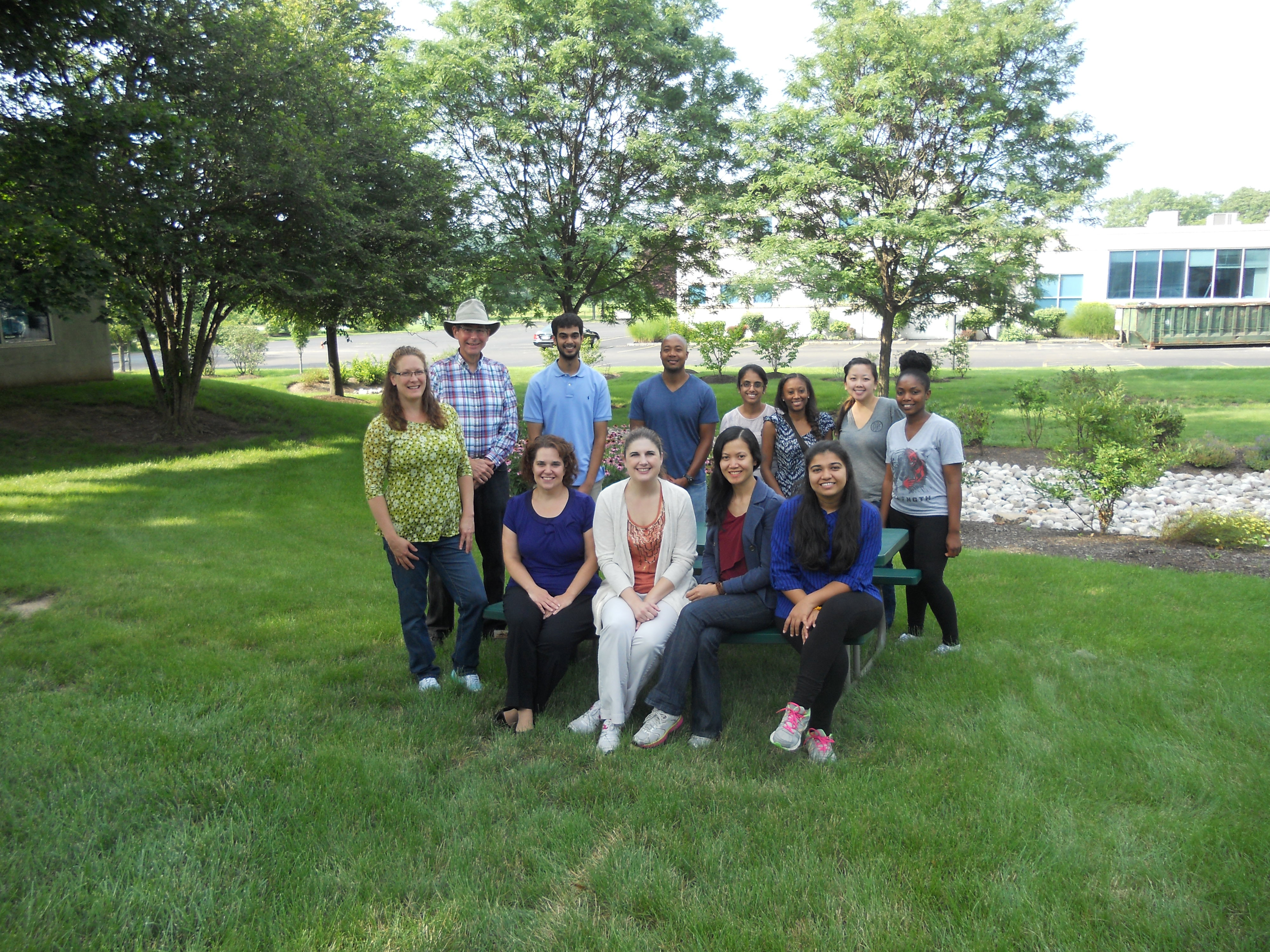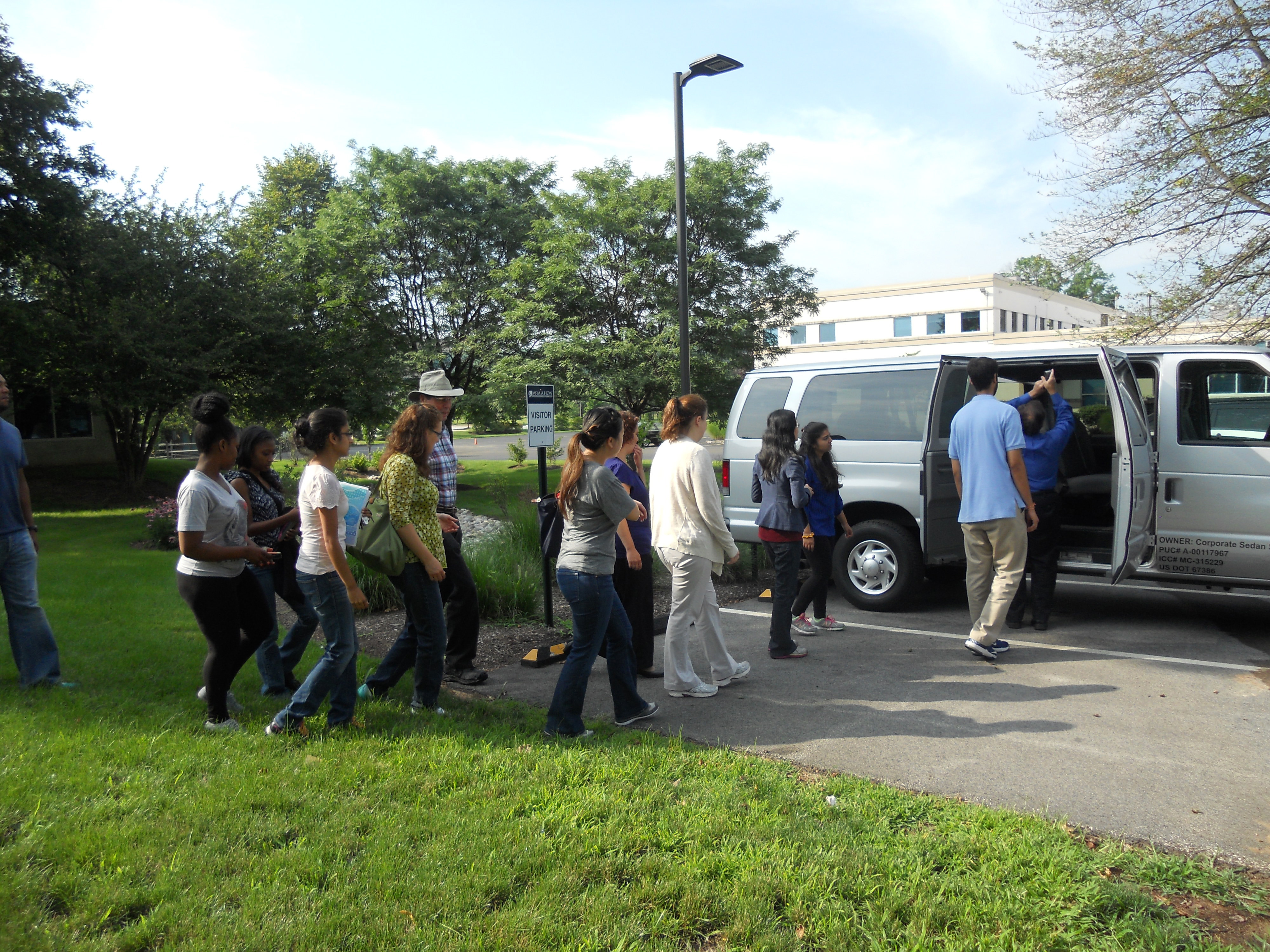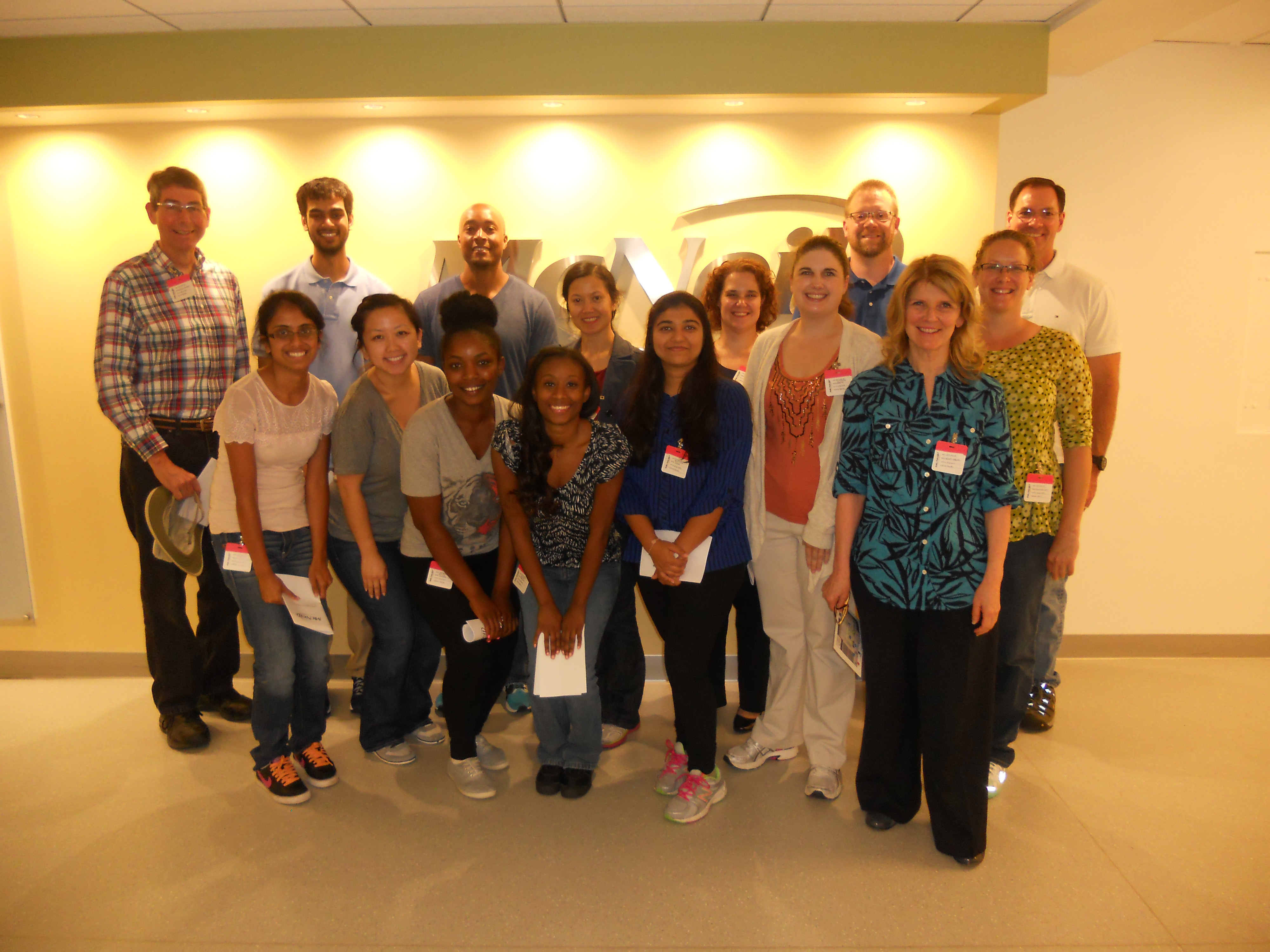RAQA Students Tour Manufacturing at McNeil Consumer Products
July 2015
Students in Professor Ely's and Professor McVay's Good Manufacturing Practices courses enjoyed a fascinating tour of the state-of-the-art manufacturing equipment recently installed at McNeil Consumer Products Healthcare Division in Fort Washington, PA.
The RAQA program is grateful to Professor Ely for arranging the tour. We also thank Johnson and Johnson, particularly Brian Belz, James Wert, and their supervisor, for sharing their Sunday morning with our students and presenting so many excellent insights about current GMP practices.



